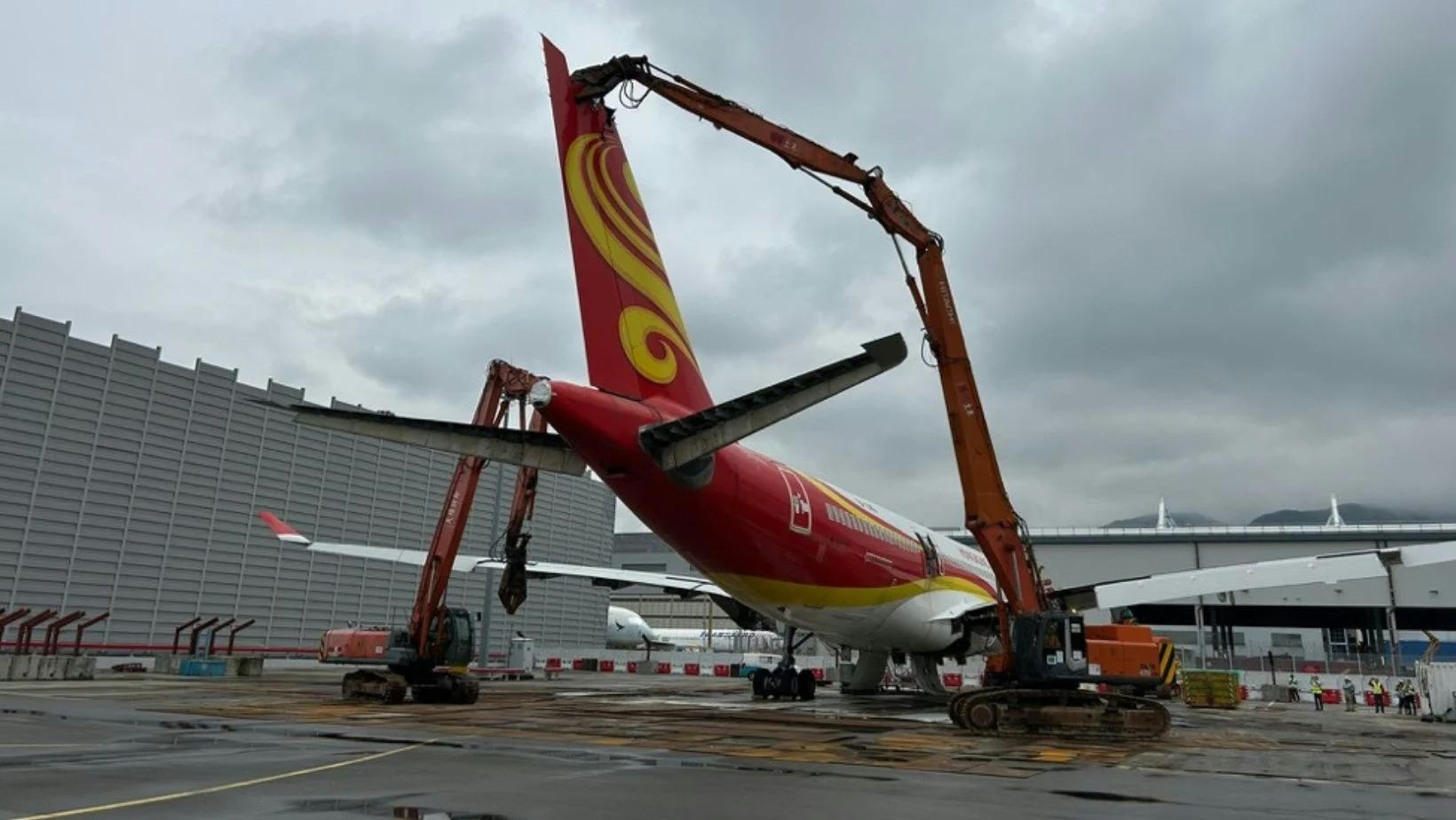
Smarter email, faster business.
Trending
Turkish Airlines Chairman Says Boeing Order Negotiations Ongoing
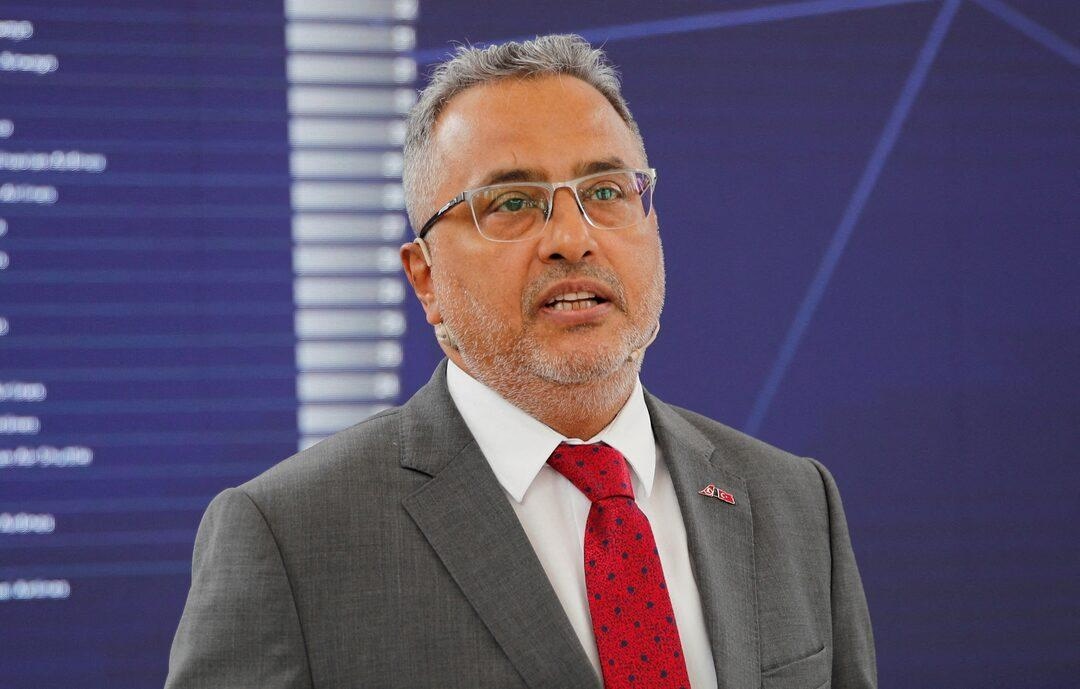
Turkish Airlines Chairman Confirms Ongoing Boeing Order Negotiations Amid Pricing Challenges
Negotiations and Fleet Expansion Plans
Turkish Airlines Chairman Ahmet Bolat has provided a detailed update on the airline’s ongoing discussions with Boeing regarding a substantial aircraft order. The negotiations, which have yet to reach a conclusion, face significant hurdles, particularly concerning engine pricing. The airline aims to expand its fleet with 225 new aircraft, including 75 widebody and 150 narrowbody jets, underscoring its ambitious growth strategy.
An agreement involving Boeing 787s and 737 MAXs was expected prior to last year’s Farnborough Airshow but ultimately did not materialize. Speaking at the International Air Transport Association’s annual general meeting, Bolat indicated that a decision could be imminent, possibly by the time of the upcoming Paris Air Show. He stated, “Maybe in a month or so, then we will know if we continue with Boeing or with Airbus. We are very close—there is a gap for the current deal,” highlighting the proximity yet complexity of finalizing the contract.
Key Considerations in the Decision-Making Process
Bolat emphasized that delivery schedules, aircraft pricing, and engine maintenance costs remain critical factors influencing the airline’s procurement decisions. He stressed the importance of economic reliability, noting, “We have grown with the money that we earned. Therefore, sustainable growth is our motto.” The chairman also revealed that Turkish Airlines is pressing Boeing to meet specific cost targets, such as cost per seat-mile metrics, which have historically guided the airline’s fleet acquisitions.
The airline’s procurement strategy favors aircraft types that have established market acceptance, particularly those preferred by lessors. Bolat explained, “That’s the criteria we are looking for and has been proved for the last 20 years. Because if lessors don’t like it, then it will not fit into our fleet.” This cautious approach reflects Turkish Airlines’ commitment to maintaining a versatile and financially sustainable fleet.
Market Dynamics and Alternative Options
Engine pricing remains a significant sticking point in the Boeing negotiations, potentially opening the door for competitors to present more attractive offers. The uncertainty surrounding the deal has drawn close attention from industry observers, as both Boeing and Airbus monitor Turkish Airlines’ evolving position.
Bolat noted that the airline’s orderbook still requires 250 aircraft deliveries over the next seven to eight years. Should negotiations with Boeing fail to yield a satisfactory agreement, Turkish Airlines is prepared to increase its reliance on Airbus. The carrier recently finalized an order for 220 Airbus jets in December 2023, comprising 150 A321neos and 70 A350s.
Regarding the possibility of acquiring the Airbus A330neo, Bolat indicated that the airline currently does not see a need for the type, given its existing Boeing 787 fleet. He acknowledged the A330neo’s strong proposals but expressed reservations about its reliance on a single engine type. “My people who are doing analysis and negotiations push me for the A330neo, and ask, ‘Why are you waiting for Boeing?’ But the problem with the A330neo is they have only one type of engine. We are hearing that it is improving. But we don’t like to have only one engine type on the market—we see some risks now,” he explained.
As Turkish Airlines continues to navigate these complex negotiations, the industry remains attentive to the airline’s forthcoming decisions, which will have significant implications for both manufacturers and the broader aviation market.
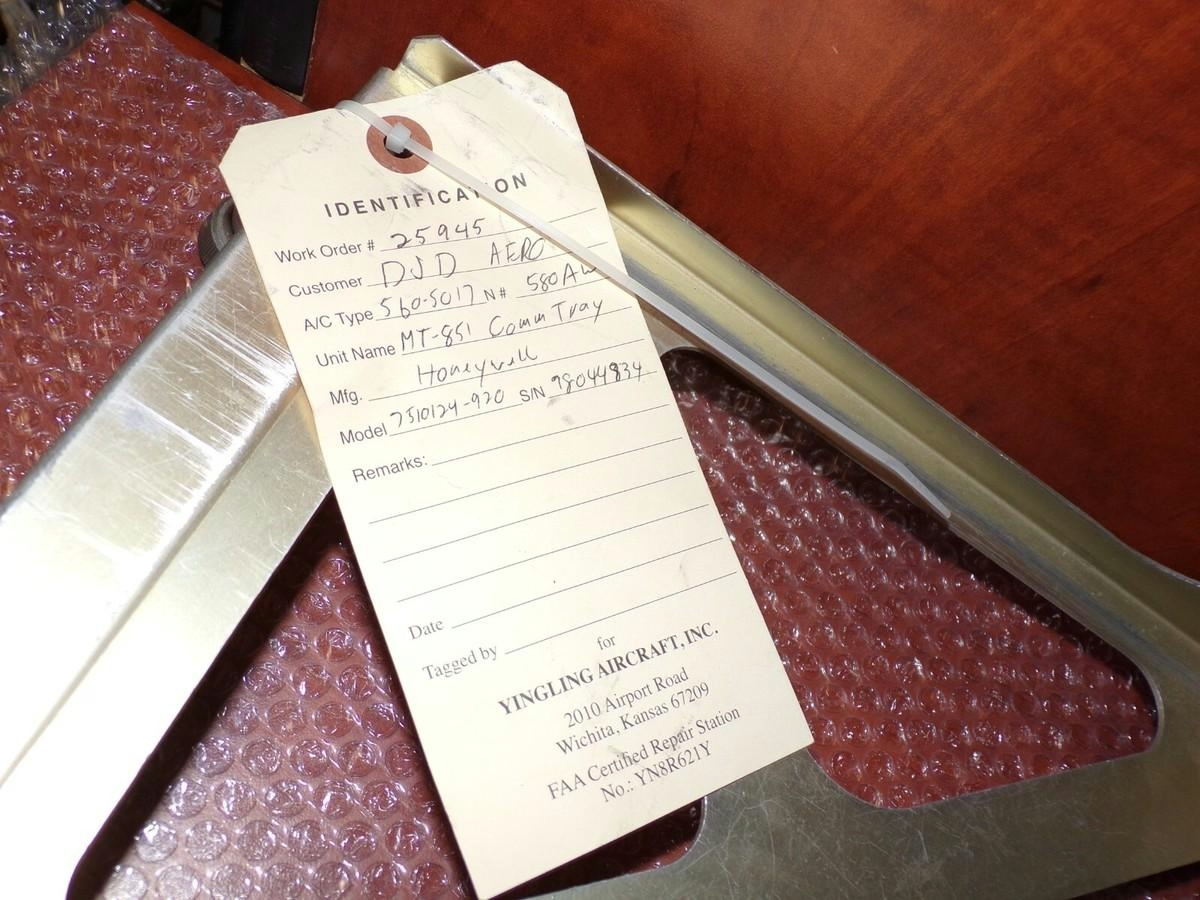
Yingling Aviation Named Authorized Honeywell Dealer
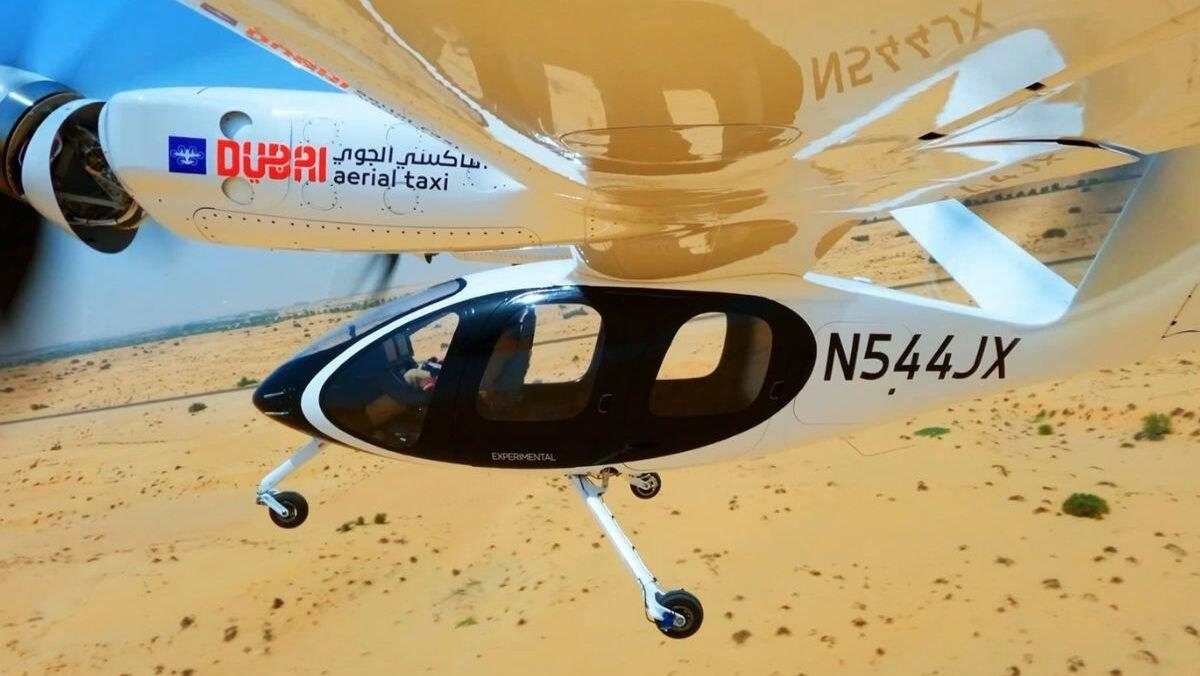
Does Joby Aviation's Milestone in Dubai Point Toward Further Growth?
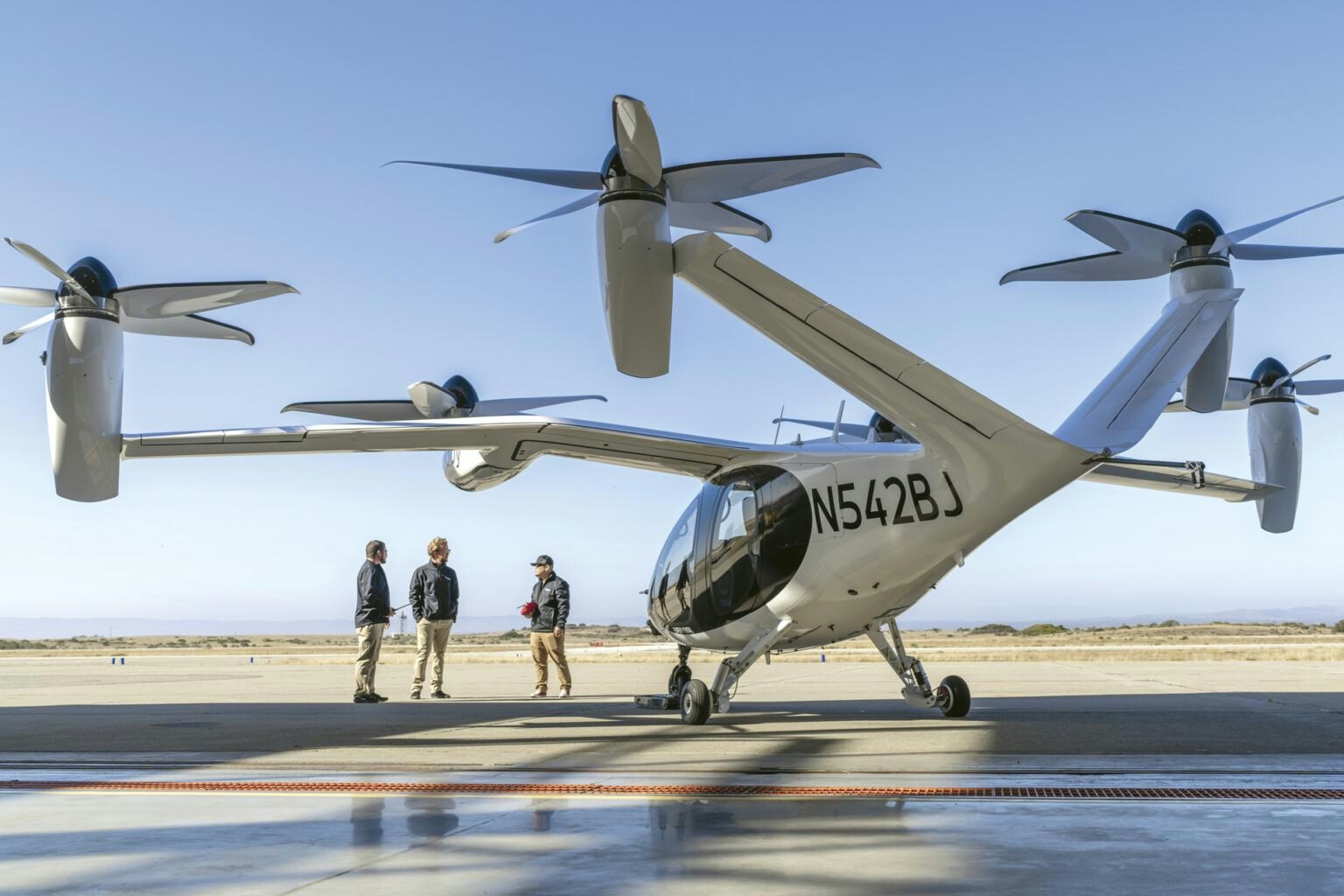
New Invention Promises to Eliminate Airplane Emissions in Country
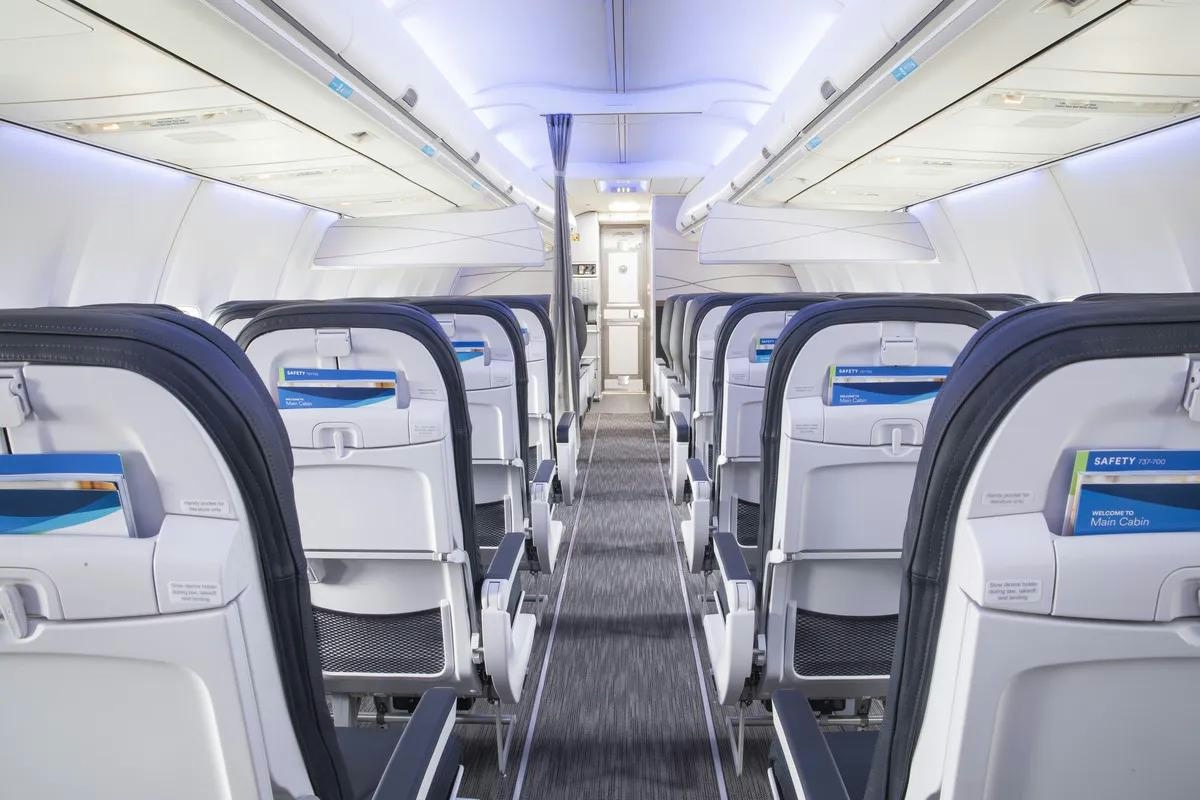
Key Questions on Chinese Travel, AI, and Airlines Answered by Skift
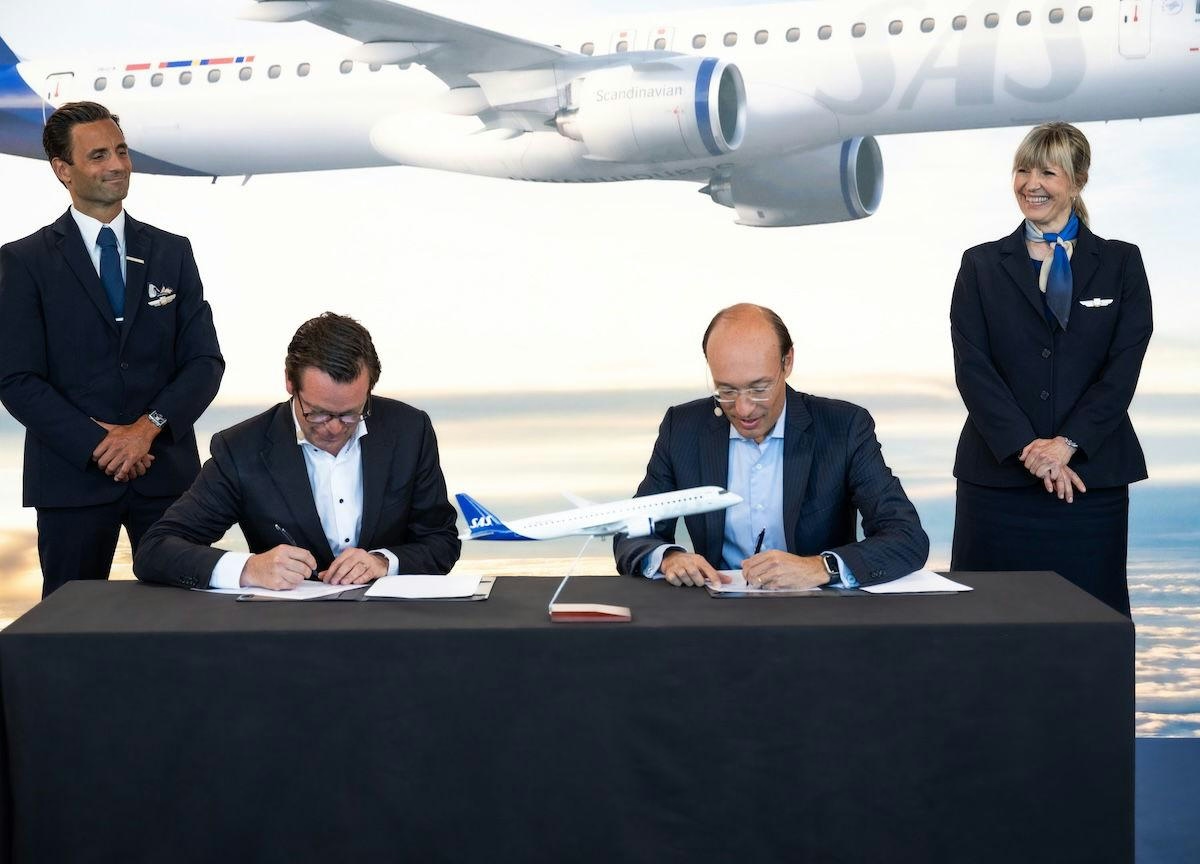
SAS Orders Up to 55 Embraer E195-E2 Jets
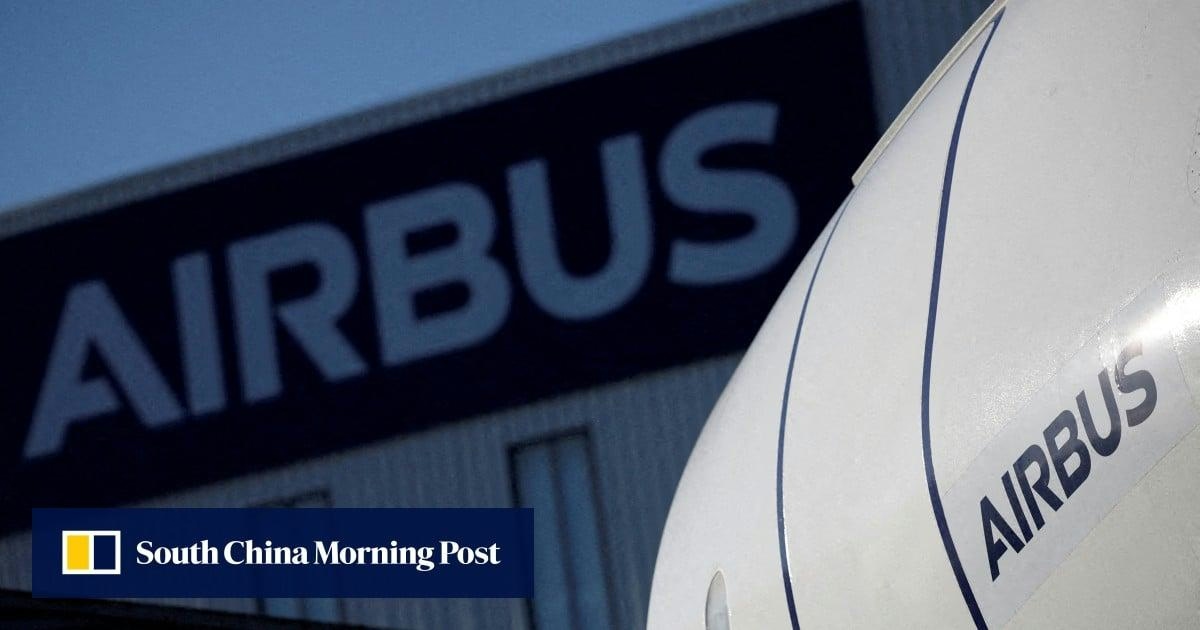
China edges closer to Airbus mega-deal, leaving Boeing out in the cold: analysts
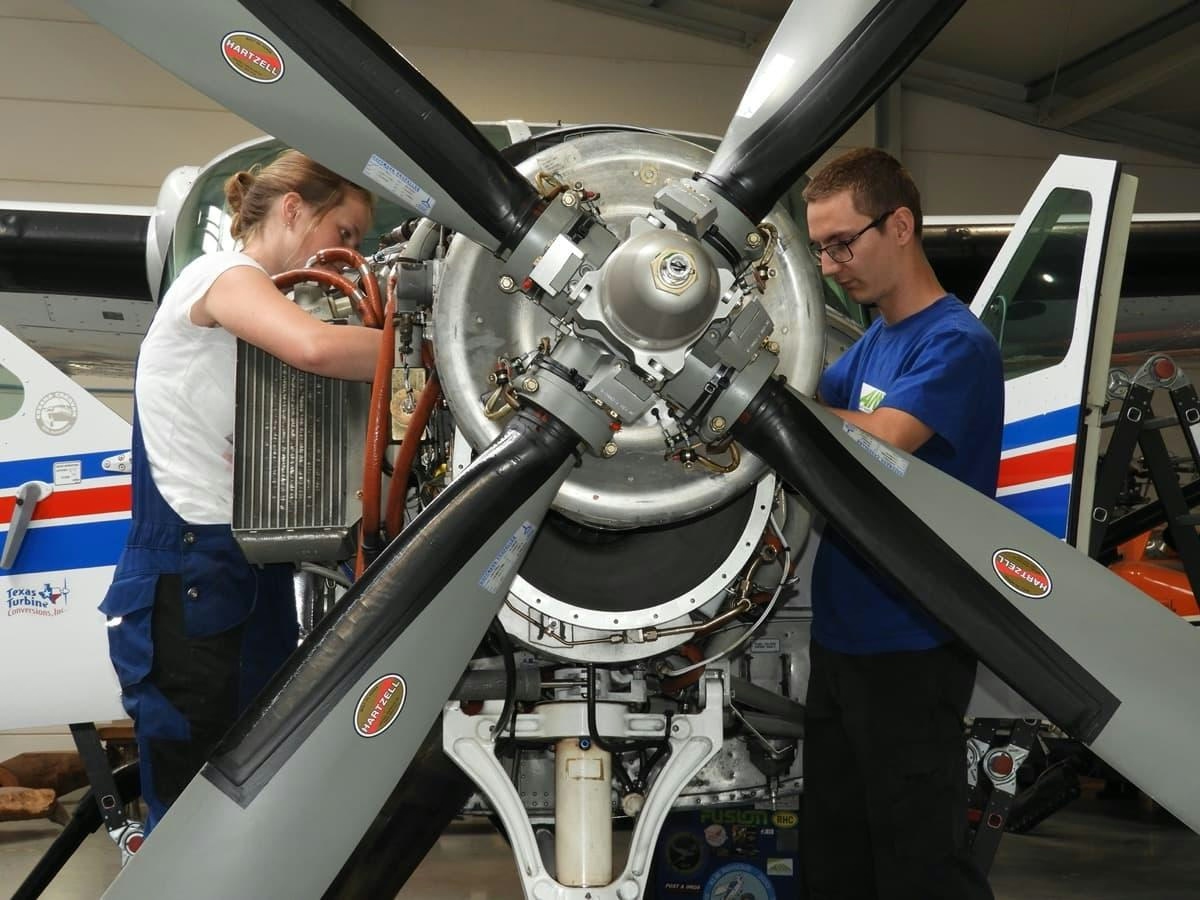
Rano Air Collaborates with Aviation Authorities to Investigate In-Flight Engine Malfunction

Portugal Hosts Aviation Pioneers at World Aviation Festival in Lisbon

World Star Aviation Backs XMAL’s First Lease Deal with easyJet
